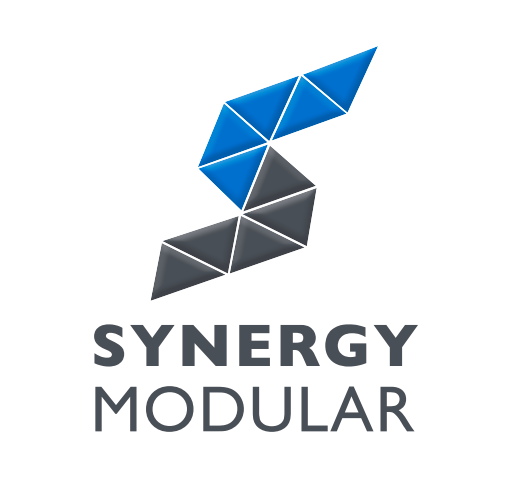How Predictability And Transparency Can Keep Construction Projects On Track

General contractor Synergy Inc. was preparing an affordable housing project for construction when it received a call from the owner with news no construction professional wants to hear: Rising costs and funding uncertainty meant that the work would be paused until a solution was reached.
Justin Stewart, who was a Synergy project executive at the time and in charge of the project, said the news was particularly heart-wrenching, as it was meant to provide a place to live in the Northwest for veterans experiencing homelessness.
"Every day we didn’t start this project was an extra day that veterans were sleeping on the street," Stewart said. "We didn’t know how we were going to solve this problem, but we made a huge commitment that no matter what it takes, we’re going to figure out a solution."
This project delay wasn't an isolated event. Stewart said the continued impact of rising costs and project delays on affordable housing led the company to seek out creative building methods to help "bring predictability back into the process." One such solution was volumetric modular construction, in which building modules are pieced together in a factory and stacked at the site, offering the benefits of reduced costs and accelerated timelines.
Synergy spent the next two years gaining knowledge through research, travel and meetings with professionals in modular construction. After using the method on a different affordable housing project, the company decided to start Synergy Modular in 2017.
The journey of Synergy and Synergy Modular is closely tied to the Stewart family. While Stewart now leads as CEO of both companies, his parents, Larry and Pam Stewart, are the founders of Synergy and now serve as advisory board members.
This family legacy began before Synergy’s inception in 1990 when Stewart's parents noticed a lack of collaboration in their previous general contracting company. They envisioned an environment where project stakeholders could share knowledge and work harmoniously.
"'Synergy' wasn’t the buzzword it eventually became," Stewart said. "My parents saw an opportunity in the industry where if people had trust among one another and operated with integrity and collaboration, they could build much more efficiently, and it could also be a fun process."
Stewart said Synergy's commitment to collaboration, transparency and predictability has been pivotal to its success and has carried over to Synergy Modular. This approach has allowed both companies to tackle a diverse range of projects, including housing, hotels, retail, healthcare and quick-service restaurants.
He said making modular construction more predictable also meant getting the right people on board — a potential challenge given that general contractors, modular suppliers, architects and developers didn’t always see eye to eye.
"There was some siloing happening in the industry, wherein modular suppliers and general contractors didn’t trust one another, and architects saw modular construction as a big departure from traditional methods," Stewart said. "Unless everybody could come together with trust and transparency to leverage their strengths, they would never realize the efficiency that would be possible."
Synergy Modular’s mission to enhance collaboration and predictability is an extension of Synergy’s foundational principles. Stewart said that many of Synergy’s nonprofit clients have worked with the company on multiple projects, and much of the crew has been with the company for the majority of its 34 years in business. Synergy Modular applies the same approach to its projects, ensuring long-term decisions and goals are set with a future-oriented outlook.
Both companies have experienced success with their modular projects, leading to continued growth and the ability to consistently expand their teams, Stewart said. One key goal is to showcase industry best practices in both on-site and off-site construction while maintaining open communication among all project participants, especially when delivering housing to those who need it most.
"It’s necessary to have a future-oriented outlook if you want to be able to have that open and transparent approach to projects," Stewart said. "You have to be able to build a level of trust where everyone is incentivized to make decisions for the betterment of the project and the overall greater good."
This article was produced in collaboration between Studio B and Synergy Modular. Bisnow news staff was not involved in the production of this content.
Studio B is Bisnow’s in-house content and design studio. To learn more about how Studio B can help your team, reach out to studio@bisnow.com.

